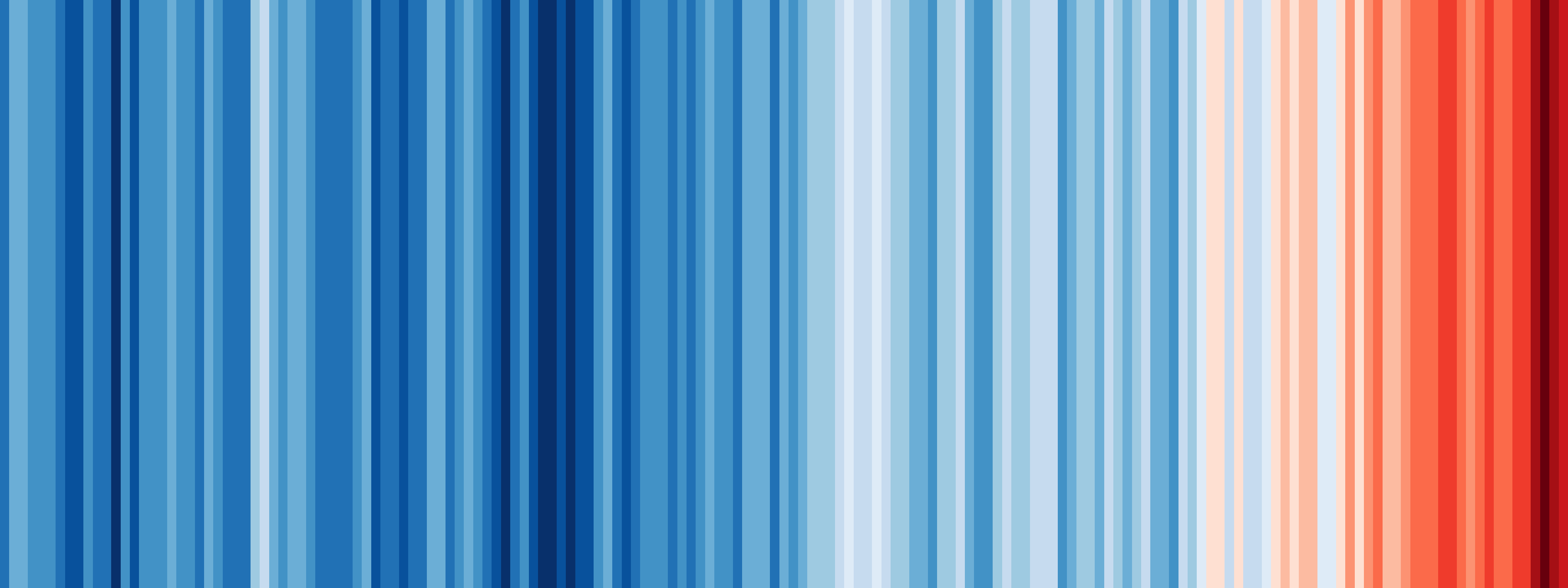1.5 - it's just a number, right?
Climate Literacy in the Veterinary Professions.
Vet Sustain
1.5 is just a number. But when you add 'degrees Celsius' to make 1.5°C it becomes a vitally important number.
One that has the potential to irreversibly impact the future of our planet.
‘An increase of 1.5°C… it doesn’t seem that much?’
But it is… an increase in global temperatures to above 1.5°C is a tipping point beyond which many natural ecosystems will cross the point of no return, resulting in devastating changes. So 1.5 is in fact a fundamentally important number, and one that participants on the new Carbon Literacy course, from Vet Sustain, will become very familiar with.
Becoming carbon literate is an ideal starting point in understanding the facts around global warming, and in identifying the central role each of us as individuals can play in keeping global warming to below 1.5°C.
The Vet Sustain Carbon Literacy for Veterinary Professionals course has been designed to explore the science behind climate change. Participants are guided through where we are now as a global society, and how we got here, and then look at forecasts of what the future might look like. This unique course tackles carbon literacy from a veterinary perspective, considering the wide-reaching influence that veterinary professionals can have.
Set over 8 hours of live tutorials, this course provides accessibility for all, making great use of the virtual learning environment but ensuring motivation, participation and engagement in the topic. Despite being online, there is no ‘death by powerpoint’ here, Jen Gale, the course author and lead facilitator, brings buckets of passion to the topic, encouraging participation throughout the course using different virtual tools.
Participants are encouraged to share their background and experiences as they learn. Jen creates a safe space for everyone, in recognition that each individual is likely to be starting from a different rung on the carbon literacy ladder. As the carbon conversation grows throughout the course, a great sense of community develops with like-minded people forming connections and building enthusiasm for the topic. At the end of the course, participants are invited to take action for their future through identifying an individual and group pledge.
Hannah Davies recently attended the course and pledged to reduce her individual carbon footprint through increased use of her bicycle for short journeys, as well as championing education for sustainable development within her wider roles at the University of Surrey and Vet Sustain.
Hannah shared that ‘I really appreciated being encouraged to make a commitment to reducing my personal carbon footprint at the end of the course. This brought accountability to my contribution to global warming and made me feel like I was able to play my part and make a difference no matter how big or small.’

The warming stripes, showing the progressive heating of our global climate (Image credit: Ed Hawkins, Reading University)
Carbon Literacy for Veterinary Professionals
